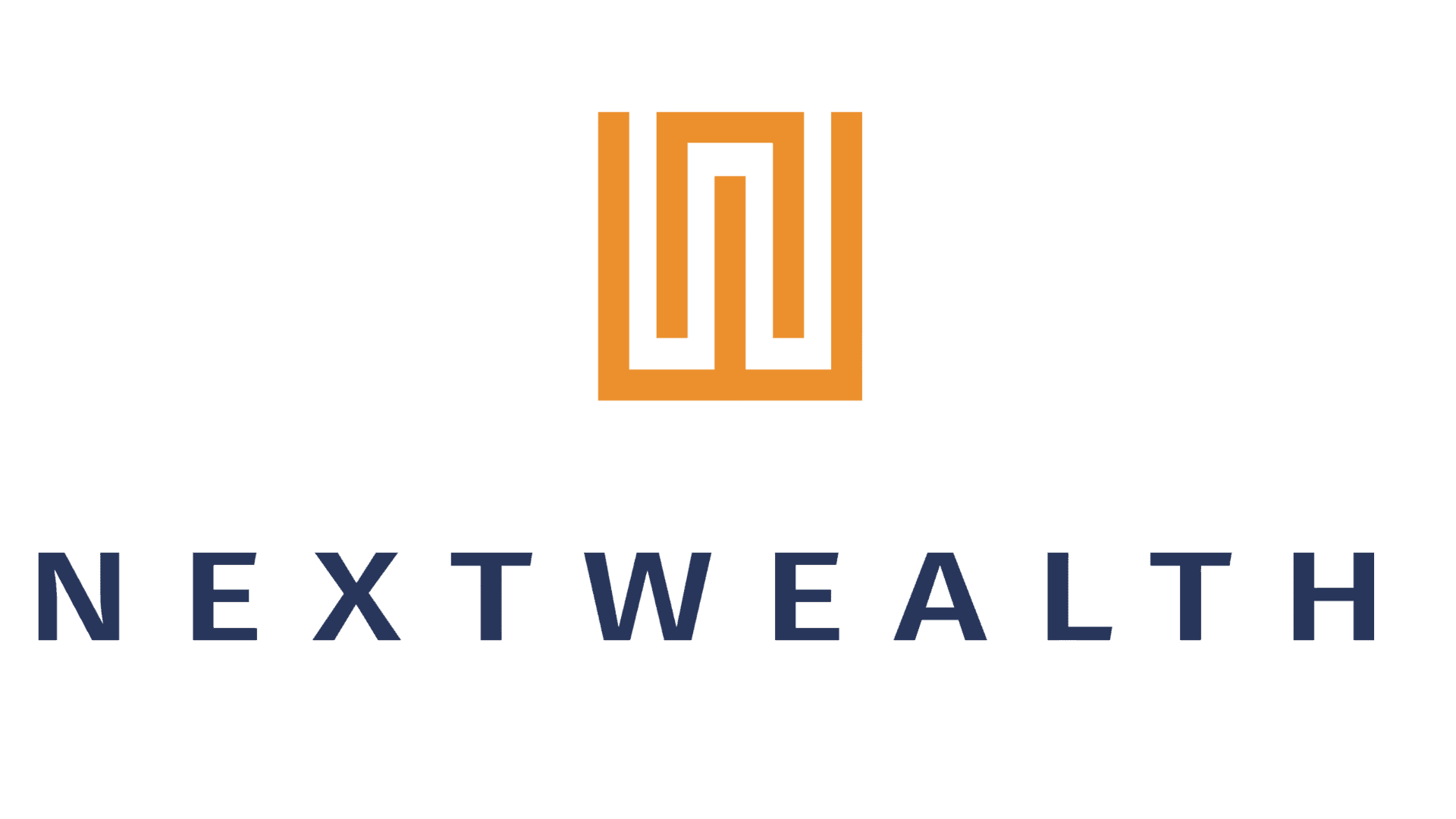Financial Advisers say it’s time for tech providers to do better
By Next Wealth | 21 September 2022 | 3 minute read
Our latest Adviser Tech Stack report is published today (21 September) and it shows that adviser interest in ditching and switching tech is down significantly. However, now is not the time for tech providers to rest on their laurels because satisfaction levels with existing tech are falling.
The pandemic created a frenzy of tech change but our latest data shows a hiatus, with just 13% of financial advice professionals saying they plan to make specific changes to their tech stack in the next twelve months.
The report includes analysis of adviser reviews – we surveyed 327 advice professionals to get their views. The results show that satisfaction levels with existing tech are falling almost across the board. With half (49%) of the advisers surveyed for the report saying they are open to considering new systems, we could be seeing a storm brewing for tech providers in the near future.
We identified three key reasons why new tech adoption has stalled with advisers. These are:
- Risk of something going wrong.
- Alternatives don’t seem compelling enough to take risks.
- They are too busy managing existing business
What could mobilise change?
From what advisers told us, we’ve identified two areas that could prove compelling in mobilising advisers to make changes. These are:
- On-going client interaction
Advisers want the ability to capture information from clients on an on-going basis. Rather than waiting for an annual review, they want clients to be able to update information as and when, through interactive apps or other online systems. Understanding changes to client financial circumstances, investment preferences and risk tolerance as they happen is seen as crucial in refining the suitability process.
- Integration with back-office systems
Information supplied direct by clients should feed directly to back-office systems to avoid the need to re-key.
Integration – specifically the lack of it – has been coming up in all our reports so any tech provider that really cracks this is going to be onto a winner. If they can also open easy-to-use tech channels that allow advisers to have a more dynamic, digitally-enhanced relationship with their clients, they will be pushing on open doors to new business.
The report also includes:
- An overview of the tech stack currently used by financial advice professionals.
- Segmentation of adviser firms and their propensity to adopt different types of tech.
- Analysis of digital advice being developed within firms.
- Tech used as part of suitability, with gaps in the integrations between those systems highlighted.
- Ratings for specific platforms, back-office providers, cashflow and scenario modelling firms, client portal suppliers and risk profiling tools and how they compare now to 2020 and 2021.
- Market share for key tech providers.
How many advisers contributed to the report?
The report includes the results of two surveys of a total of 701 financial advice professionals (financial advisers, financial planners, paraplanners and operations managers) and in-depth interviews with ten financial advice professionals.
- Advice tech reviews and market share are based on a robust sample of over 327 employees of financial advice firms.
- Platform reviews are based on a survey of 374 financial advisers and paraplanners. Comparisons are offered to past surveys from Q3 2019 and Q3 2020 and Q3 2021.
- Ten in-depth phone interviews with a mix of heads of large financial advice businesses, financial planners and paraplanners.
- Over 4,000 reviews posted by financial advisers and paraplanners on the NextWealth Directory.
You can download a sample of the report here. Or get in touch to find out more about purchasing a full copy.


